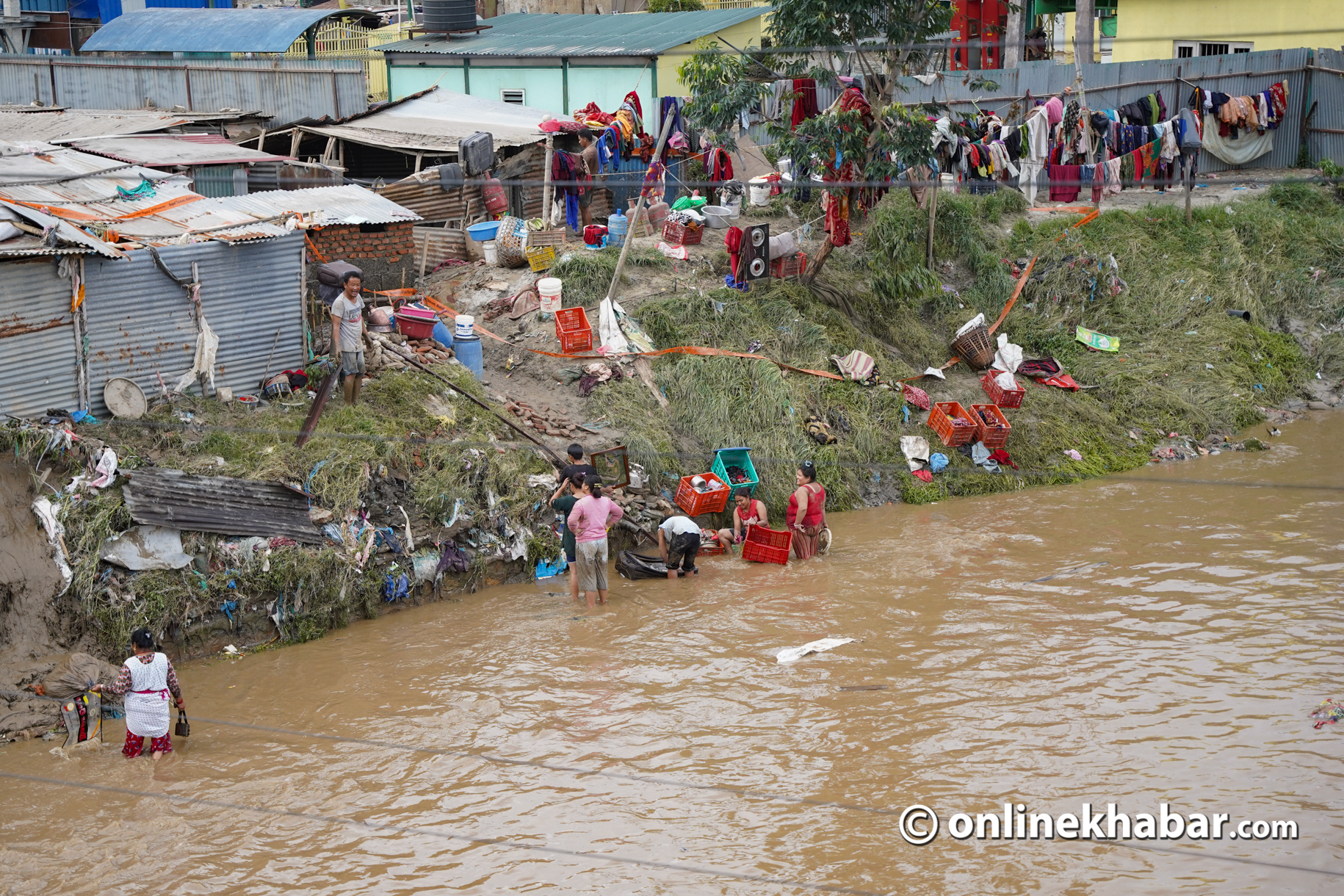In a warm and symbolically rich visit, South Africa’s High Commissioner Professor Anil Sooklal reaffirmed the deep-rooted friendship and emerging opportunities between South Africa and Nepal, emphasising shared history, mutual respect, and an ambitious vision for the future.
Presenting his credentials to President Ram Chandra Paudel earlier this week, Prof Sooklal’s visit marked a ceremonial and strategic milestone, celebrating 30 years of diplomatic relations while outlining a dynamic roadmap for cooperation between the two nations.
A bond forged in solidarity

The diplomatic relationship between Nepal and South Africa runs deeper than recent engagements. Recalling Nepal’s pivotal role in the anti-apartheid movement, Prof Sooklal noted, “Nepal served as Vice-Chair of the UN Special Committee Against Apartheid for 25 years. Your voice stood with us long before we attained democracy in 1994.”
This sense of gratitude and shared struggle continues to influence how South Africa views Nepal — not just as a partner in South Asia, but as a kindred nation with common values and aspirations in the Global South.
Strategic vision for bilateral cooperation
The High Commissioner’s visit centered on enhancing bilateral cooperation in areas ranging from trade and investment to education, tourism, and climate action.
In discussions with Nepal’s Foreign Secretary Amrit Bahadur Rai — himself a former ambassador to South Africa — both sides expressed eagerness to revive foreign office consultations by the end of the year. A particular focus was placed on building stronger economic linkages. With current bilateral trade standing at a modest $2 million, Prof Sooklal believes this is just “scratching the surface.”
Key sectors identified for growth include: agro-processing and agriculture, mining cooperation, Tourism and hospitality and green energy and climate resilience
South Africa, with its advanced mining and renewable energy sectors, sees promise in Nepal’s untapped resources and environmental priorities. “We share ambitious green energy goals. There is great scope for collaboration in technology, biodiversity, and climate adaptation,” he said.
Education and people-to-people connections
While a small number of Nepali students currently pursue higher education in South Africa, both nations are keen to expand academic and professional exchanges. The challenge of visa access, however, remains a hurdle — something Prof Sooklal addressed during his meeting with Kathmandu’s VFS office.
He confirmed efforts are underway to streamline visa processing for Nepali citizens, including the launch of an online visa portal by September. “We must remove barriers that prevent students, tourists, and businesses from engaging freely,” he said.
Lessons in reconciliation and democratic values
South Africa’s legacy of reconciliation, forged in the aftermath of apartheid under the moral leadership of Nelson Mandela and Archbishop Desmond Tutu, offers valuable insights for other democracies.
“We are a learning nation, but we are also eager to share our experience — of building one national identity from a divided past,” said Prof Sooklal. Nepal has already engaged with South Africa on constitutional matters, and future collaboration on governance and civic inclusion remains open.
The honorary bridge: Pradeep Kumar Shrestha
Integral to this evolving relationship is Honorary Consul Pradeep Kumar Shrestha, who has represented South Africa in Nepal for over two decades. Commended by Prof Sooklal for “flying the South African flag as high as Everest,” Shrestha has played a critical role in facilitating high-level meetings, providing consular support, and promoting bilateral ties.
Shrestha emphasised the potential of tourism exchange and proposed increased media collaboration — including journalist and travel agent delegations — to showcase both countries to wider audiences. “We are at the top of the world, and South Africa is at the tip of the continent. My mission is to bridge this distance,” he said.
A shared future in the global South
As members of multilateral groupings such as the UN, NAM, G77+China, and the Commonwealth, Nepal and South Africa share a vision for a more equitable global order. “We are committed to a multipolar world — one where no nation is told what is best for it,” said Prof Sooklal.
This sentiment resonates deeply in Kathmandu, as both countries continue to push for reform in global governance and promote inclusive development models.
Conclusion: Strengthening a special relationship
Reflecting on the warmth received during his visit, Prof Sooklal said, “We feel totally at home in Nepal. Though geographically distant, our peoples are emotionally close. We owe it to our citizens to expand this dynamic relationship.”
With diplomatic will, historical solidarity, and mutual respect as their foundation, Nepal and South Africa appear poised to transform their friendship into a robust strategic partnership — one that not only bridges continents but also champions common values in an increasingly complex world.




















